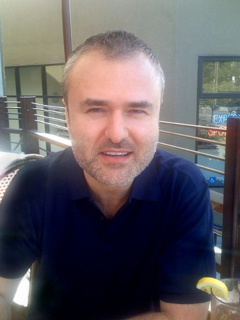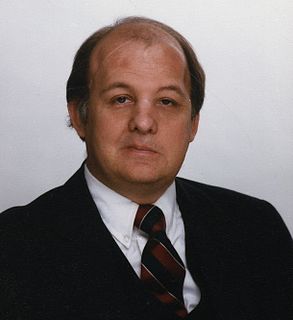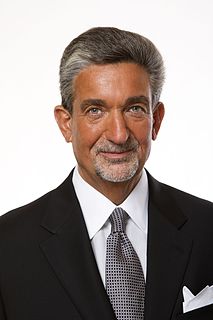A Quote by Alan Kay
The Internet was done so well that most people think of it as a natural resource like the Pacific Ocean, rather than something that was man-made. When was the last time a technology with a scale like that was so error-free? The Web, in comparison, is a joke. The Web was done by amateurs.
Related Quotes
When I was 14, I spent a huge amount of time on the Internet, but not the Internet we know today. It was 1994, so while the World Wide Web existed, it wasn't generally accessible. Prodigy and CompuServe were popular, and AOL was on the rise, but I didn't have access to the web, and no one I knew had access to the web.
Everyone should be concerned about Internet anarchy in which anybody can pretend to be anybody else, unless something is done to stop it. If hoaxes like this go unchecked, who can believe anything they see on the Internet? What good would the Internet be then? If the people who control Internet web sites do not do anything, is that not an open invitation for government to step in? And does anybody want politicians to control what can go on the Internet?
When I first prepared this particular talk... I realized that my usual approach is usually critical. That is, a lot of the things that I do, that most people do, are because they hate something somebody else has done, or they hate that something hasn't been done. And I realized that informed criticism has completely been done in by the web. Because the web has produced so much uninformed criticism. It's kind of a Gresham's Law-bad money drives the good money out of circulation. Bad criticism drives good criticism out of circulation. You just can't criticize anything.
AMD's history is we've always had great technology. We've had periods of time where we've done really, really well, and we've had periods of time where we've done not so well. But most of the time we've done well, it's because we've had a leadership product or some technology where we were out in front before anybody else.
Anybody who can afford a box of business cards can afford a Web site. Any company with an 800 number can move its services to the Web for peanuts by comparison. The extreme case of corporate promotion is to strip away all other aspects of your business and sell goods or services via the Net alone, as amazon.com has done with books.
The Internet is a very powerful tool, but right now it's being handled by a lot of fools. And I think us together, Marilyn Manson as a whole, what we all stand for, should be the biggest spider on the web. I think that it will become our web. Not something that uses us, but something that we will control
For all the good things it has brought our society, the Web has also fostered ideological hermits, who only talk to folks who believe exactly what they do. This creates an echo chamber that only further convinces people that they are right, and everyone else is not only wrong, but an idiot or worse. So when an incident like this one arises, it's not enough to point out an error; they must prove that the error had nefarious origins. In some places on the Web, everything happens on a grassy knoll.


































